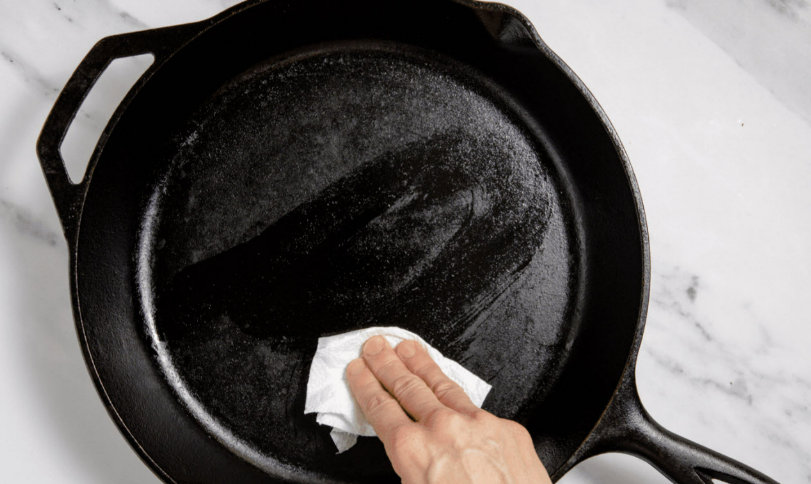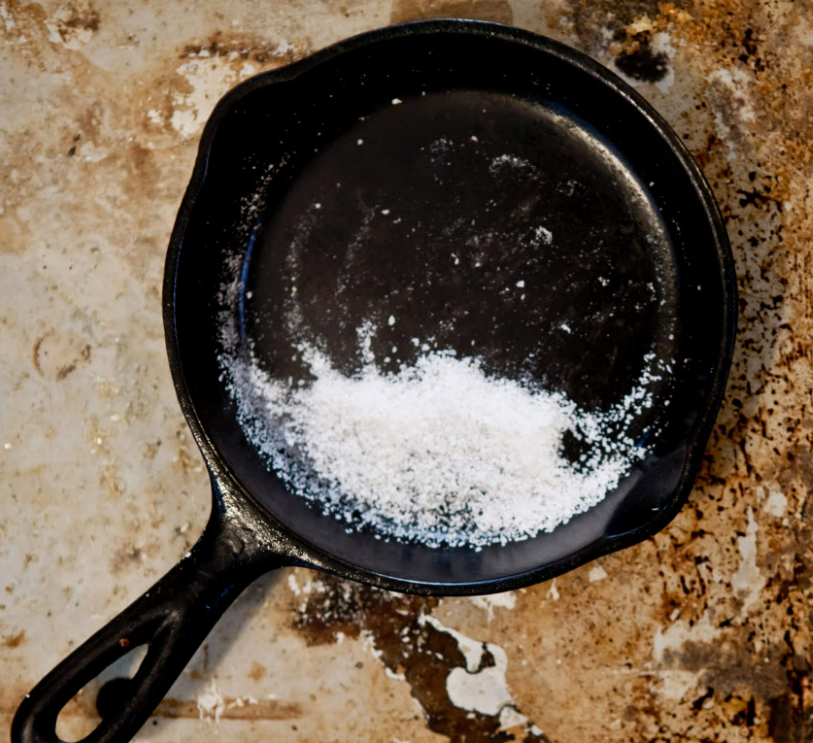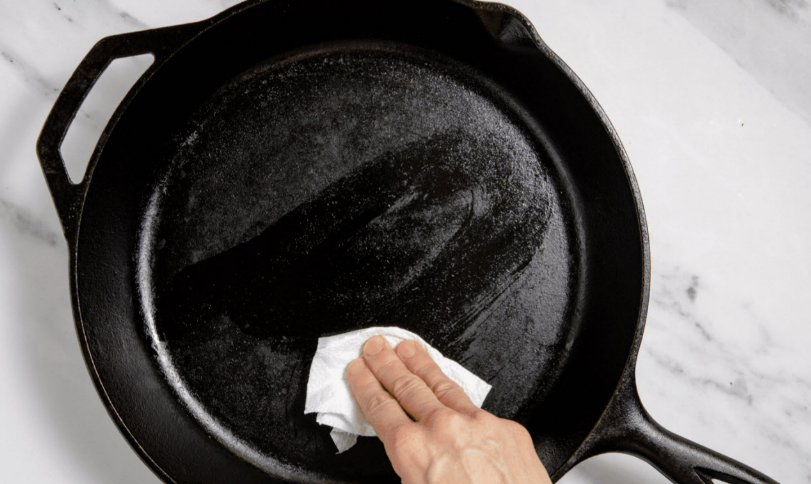Cooking with cast iron skillets is often a beloved tradition, evoking feelings of nostalgia and promising flavorful meals. These skillets are renowned for their durability and versatility.
However, not every type of food is suitable for cast iron, and using the wrong ingredients could damage both your meal and your trusty skillet.
Understanding which foods to avoid may save you from culinary mishaps and extend the lifespan of your cast-iron cookware, ensuring it’s something you can pass down to the next generation. Let’s explore some foods that should steer clear of a cast-iron setup.

Acidic Foods
While cast iron can handle most acidic foods in moderation, cooking something excessively acidic, like citrus fruits or tomato-based dishes, poses a challenge.
The acidity can strip away the skillet’s seasoning, and the metal’s reaction might give your dish an unwelcome metallic taste. This isn’t ideal when aiming for delightful flavors. To keep your pan in top condition, consider other cookware when you’re planning acidic meals.
Strong-Smelling Foods
Using your skillet for pungent ingredients, like fish, garlic, or potent spices, can embed their strong odors into the skillet’s surface. Cast iron is particularly adept at absorbing and retaining flavors, which might lead to lingering tastes in subsequent dishes.
Imagine making a soft pancake that carries an aquarium aroma because last night you cooked fish in the same pan! Always evaluate whether the scent of the ingredients might impact future dishes.

Sticky Foods
Cooking delicate or sticky foods, such as pancakes or fried eggs, requires cautious preparation when using cast iron. For these dishes, proper seasoning of the skillet is crucial, along with using an ample amount of cooking oil or butter to prevent sticking.
Skillets with inadequate seasoning risk sticking, which can deteriorate the seasoning further. If you love these foods, opt for a non-stick pan or ensure your cast iron is carefully prepped.
Sugary Foods
Be wary of preparing sugary foods in your cast-iron skillet. Caramelization or burning of sugar can create a sticky mess, leaving a stubborn residue that could prove challenging to clean off without damaging the cookware’s seasoning layer. It’s best to reserve such endeavors for other pans to save trouble later.
Fish
Delicate fish varieties like flounder or tilapia can be tricky to cook in a cast-iron skillet. Due to their fragile structure, they might fall apart easily and cause sticking, even in a well-seasoned pan.
While cast iron is superb for high-heat cooking, consider using alternative pans for tender fish to ensure your meal and skillet remain intact.
Cooking with cast iron requires a bit of knowledge and care but mastering these techniques allows you to enjoy this timeless kitchen tool without issue. Feel free to share your cast-iron cooking experiences or thoughts on this topic.
We would love to hear your insights in the comments below!




